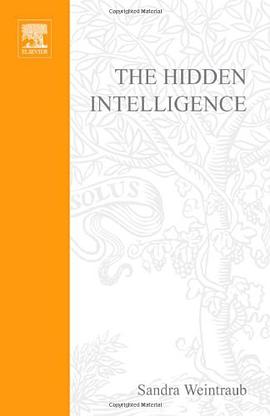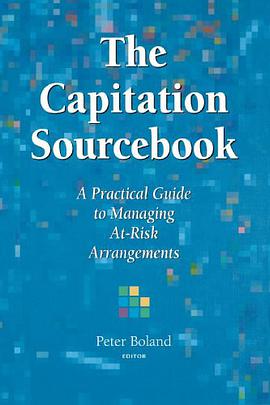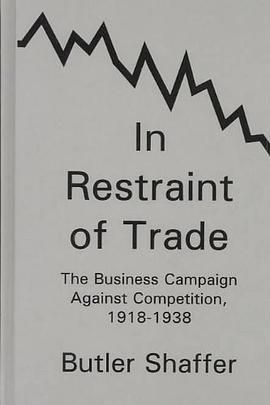

具体描述
How can one think and name an inconceivable and ineffable God? Christian mystics have approached the problem by speaking of God using "negative" language - devices such as grammatical negation and the rhetoric of "darkness" or "unknowing" - and their efforts have fascinated contemporary scholars. In this text, Thomas A. Carlson reinterprets premodern approaches to God's ineffability and postmodern approaches to the mystery of the human subject in light of one another. The recent interest in mystical theological traditions, Carlson argues, is best understood in relation to contemporary philosophy's emphasis on the idea of human finitude and mortality. Combining both historical research in theology (from Pseudo-Dionysius to Aquinas to Eckhart) and contemporary philosophical analysis (from Hegel and Nietzsche to Heidegger, Derrida, and Marion), this text should interest philosophers, theologians, and other scholars concerned with the possibilities and limits of language surrounding both God and human subjectivity.
作者简介
目录信息
读后感
评分
评分
评分
评分
用户评价
相关图书
本站所有内容均为互联网搜索引擎提供的公开搜索信息,本站不存储任何数据与内容,任何内容与数据均与本站无关,如有需要请联系相关搜索引擎包括但不限于百度,google,bing,sogou 等
© 2026 book.wenda123.org All Rights Reserved. 图书目录大全 版权所有




















